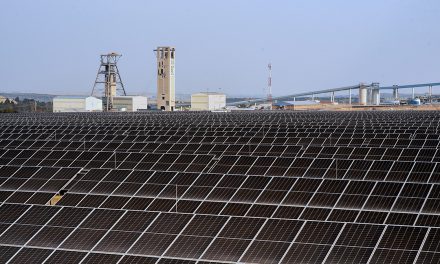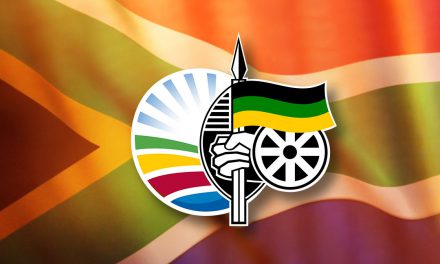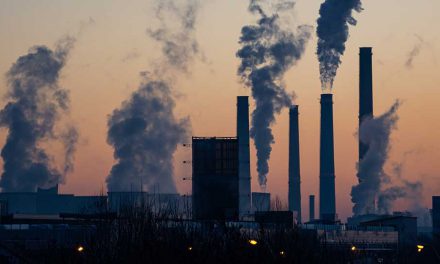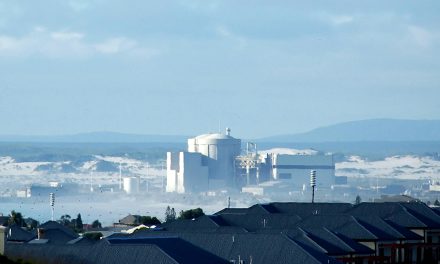South Africa has awoken to news that a Section 89 panel report has recommended that the President, Cyril Ramaphosa, answer calls for his impeachment before a parliamentary committee regarding events at his farm, Phala Phala.
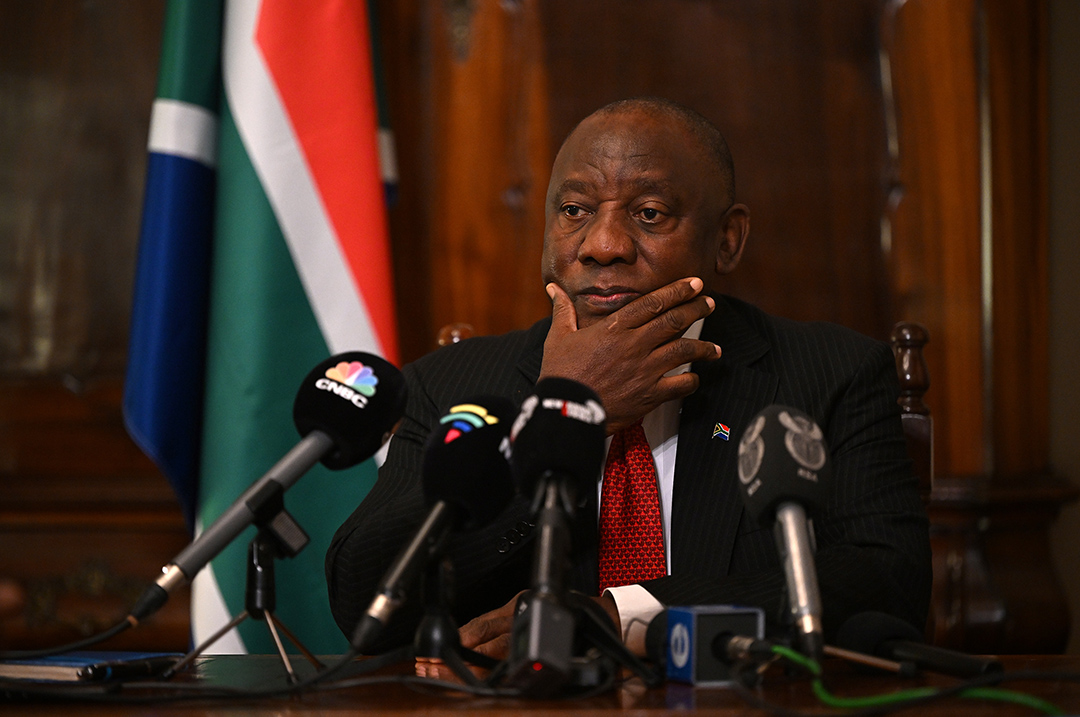
South Africa’s President Cyril Ramaphosa speaks during a press conference in central London on November 24, 2022. Photo: JUSTIN TALLIS/ AFP
Good Governance Africa urges parliament and the South African public to consider this issue with appropriate deliberation and caution. Beyond the politics of the moment, South Africans are entitled to a serious parliamentary debate about what happened at Phala Phala. It is a matter of considerable concern that the President faces these calls as part of a highly suspect politicisation of the issue. However, it would not bode well for rule-of-law precedent to wholly ignore the Section 89 panel’s findings.
We note that the panel was established on the back of a murky set of political machinations, in which Arthur Fraser, the former head of Correctional Services, revealed suspicious dealings at the President’s Phala Phala game lodge. The fact that Mr Fraser himself is implicated in allegations of deep corruption through the Zondo Commission Inquiry into State Capture, muddies the water. Clearly, a distasteful and disingenuous form of political opportunism is at play here. The stakes are high, given the president’s evident efforts to purge his party and the country of corruption.
The charges against the president are hardly of the harmless variety. The panel has indicated that the President appears to have been paid for work outside his official duties, which potentially exposes him to a conflict of interest. Furthermore, it explicitly states that “there was a deliberate intention not to investigate the commission of the crimes committed at Phala Phala openly”. This is a serious matter. The Presidency itself recognises it as an “unprecedented and extraordinary moment for South Africa’s constitutional democracy.”
One may argue the technicalities of whether the charges constitute genuinely impeachable offences. Either way, in a democracy which enshrines the separation of powers, parliament must deliberate on this matter. To some extent its options are limited. If it votes against the panel’s recommendations, South Africans will rightly question how serious it is about transparency and accountability. If it goes ahead and establishes the recommended sanction, there is a risk that South Africa will witness direct political conflict between the executive and the legislature.
In respect of internal party dynamics with the ANC, speculation has been rife about the applicability of the party’s own step-aside rule. If the President is not indicted to appear before a court of law, it seems highly unlikely he will step aside. He has vehemently denied any wrongdoing and appears likely to continue to hold that line. On the technicalities, the President appears to be within his rights to refuse to step down. Technicalities aside, the political rationale behind the rule was to engender a culture of leaders being beyond reproach. The panel’s findings do not suggest a leader beyond reproach.
So, what should be done? At Good Governance Africa, we do not expect perfection in our leaders. We also recognise the efforts and lengths to which the President has gone – in a difficult political context – to address the injustices associated with state capture. There has also been a renewed commitment to building the institutional capacity required to prosecute those who looted and stole with brazen impunity.
Having said that, the rule of law must stand above political expediency and uncomfortable implications. In line with his actions in office, it is the responsibility of the President to be transparent with the South African public about this issue.
For continued coverage and deeper insights that help you to read between the lines, please stay glued to our YouTube channel and website.

